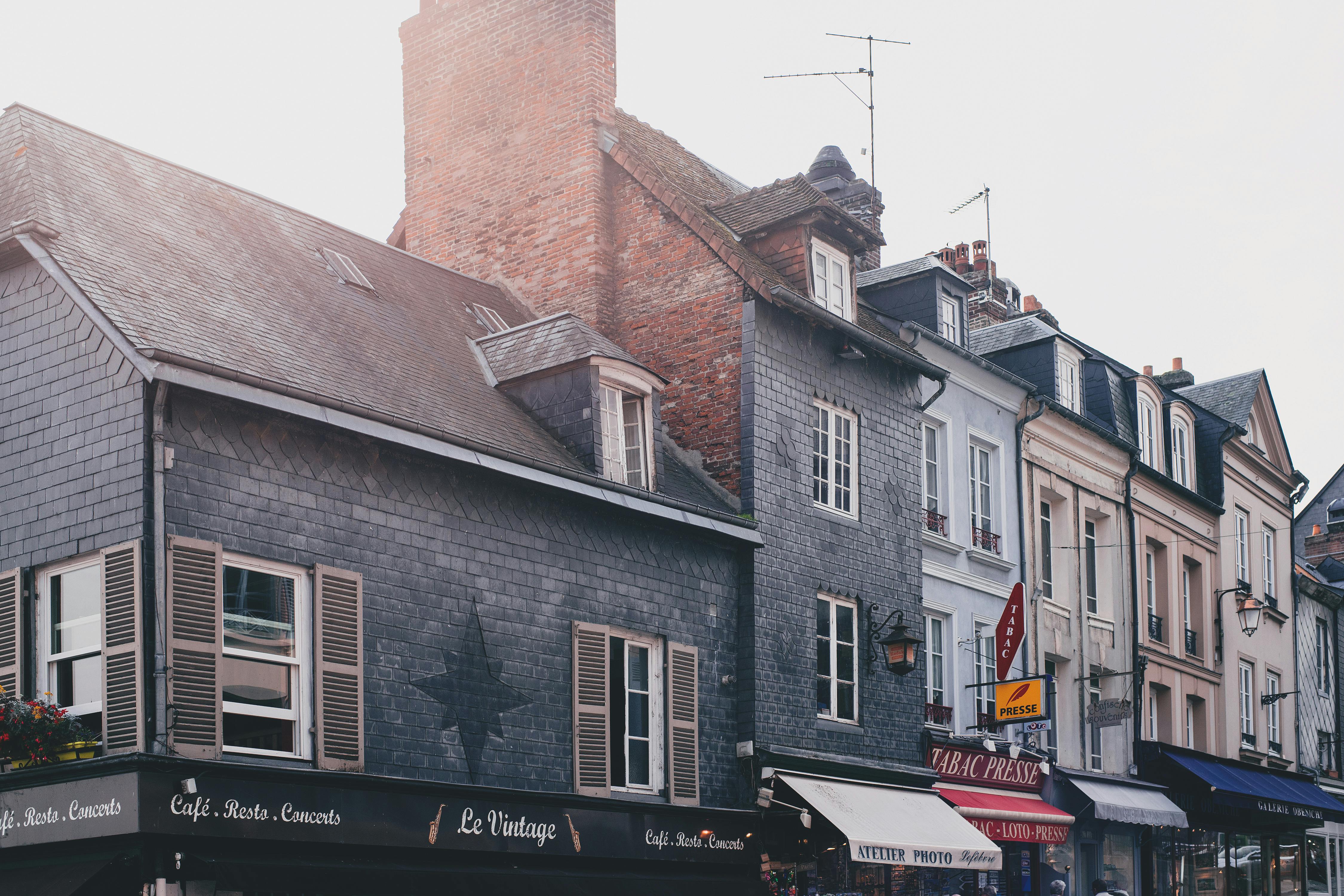
How to build a cobblestone house
He huffed and puffed and brought the house down, certainly not if the house was built of cobblestones. Building cobblestone houses was a folk art that flourished in upstate New York from 1825 until the Civil War in 1860. Many of the more than 700 cobblestone houses that were built survive today, a testament to their fine craftsmanship.
To build your cobblestone house you will need 5 main components: pavers, soft lime mortar, wood for windows and doors, cut stone blocks for corners, lintels and sills, and lots of cheap labor. Let’s consider them one at a time, assuming the cheap labor is you, your family, friends, relatives, and anyone else you can convince to do manual labor for $1.00 to $1.50 a day.
The first step is to put the pavers together. This can take several years. Cobblestones are small, fist-sized stones deposited by glaciers that swept in from the north millennia ago. The coarse-shaped ones can be collected from crop fields or the rounded ones, washed by the lake, can be collected along the shore of Lake Ontario. You will need more than 14,000 pavers, so get to work. As the men’s stone-collecting work progresses, the women and children can keep busy sorting the stones by size and colour. You’ll want to use the finer, smoother, similar-sized stones on the front of your home, and save the rougher, odd-sized ones for the back, sides, and inside of the walls.
While this progresses, you’d better start preparing the soft lime mortar. Don’t skimp and use Portland cement. It dries too quickly and will pop the pavers as it dries. Soft lime mortar is made from lime, sand, and water. Find limestone (calcium carbonate) or dolomite (magnesium carbonate) and break it into pieces. Burn it in log piles for 2-3 days to create quicklime. Add water to quicklime to create a hydrated lime sludge.
Mix 5 to 9 bushels of sand to 1 bushel of lime mud. Age the mortar in a hole covered with sand or cow dung for up to one year.
A lot of trees fell. They will have to be carved by hand to build the doors and windows, each tailored to a specific opening. Also, find a quarry where you can get limestone or sandstone blocks for the corners of your building (cushions) and for structural support above doors and windows (lintels) and under windows (silors).
Now the fun begins. Start by placing the stones in walls that are 18 to 20 inches thick. Build the wall with rubble stone, versus cobblestone. Use long or triangular shaped stones to tie the pavers to the rubble wall. Use the soft lime mortar as your glue, getting fancy with straight ridges between horizontal and vertical rows of pavers. Build about 3 rows (or courses) per day to give the mortar time to start to slowly set. The mortar will take 35 years to fully harden. Place the carved stone blocks in the corners to create quoins. To finish the interior, apply horsehair plaster to the stone.
Once the walls are above reach, you’ll need to build scaffolding by burying posts in the ground 6 to 8 feet from the wall and tying the wall studs to the posts with hickory strands. Then lay flats on the studs to provide a building platform. As the walls go up, you will have to repeatedly raise the height of the scaffolding. Attach a crane and rigging to the tallest post to lift buckets of pavers and mortar.
Hand build your windows and doors to fit each opening and hand-carved trusses for your roof. Winter is a great time to do much of your woodworking. Depending on how many workers you have and their skill level, you can be done in a year. The construction process will most likely take around 3 years.
When you’re done, you’ll have a beautiful home that will stand up for centuries. Go see for yourself. A new guide called “Cobblestone Quest – Road Tours of New York’s Historic Buildings” (Footprint Press, http://www.footprintpress.com, 1-800-431-1579) offers 17 self-guided car or bike tours to see the diverse of cobblestone buildings clustered within a 65-mile radius of Rochester, New York, and nowhere else in the world.
“Cobblestone Quest – Road Tours of New York’s Historic Buildings”
By Rich and Sue Freeman
17 self-guided car or bike tours to learn about the history and diversity of cobblestone buildings unique to Western New York State.
http://www.footprintpress.com/Cobblestone/CobblestonePreview.htm
208 pages, 20 maps, 85 photos, indexed, paperback, 10 X 7 inches
Price: $19.95, ISBN# 1930480199
Footprint Press, Inc., http://www.footprintpress.com
###
Photos available: Email [email protected] or call 585-421-9383.